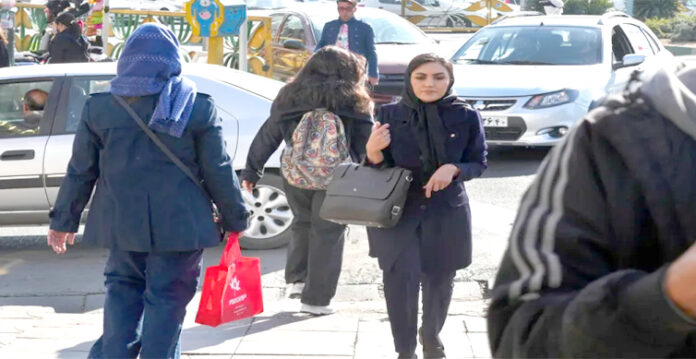Following in the footsteps of Indonesia, which is relocating its capital due to environmental challenges, Iran has announced plans to shift its capital from Tehran to the southern coastal region of Makran. The decision, revealed by government spokesperson Fatemeh Mohajerani on Tuesday, is aimed at addressing Tehran’s persistent issues of overpopulation, water scarcity, and power shortages while promoting sustainable urban development.
“The new capital will definitely be in the south, in the Makran region, and we are currently working on this matter,” Mohajerani stated. This bold move underscores Iran’s intent to reduce the strain on Tehran, the country’s bustling urban center, and leverage the strategic and economic potential of the Makran region.
Two committees have been formed to assess the feasibility of the relocation, but the move is not an immediate priority, according to Mohajerani. Instead, a detailed evaluation is underway to navigate the logistical and financial challenges associated with such a monumental decision.
Also Read: Deputy FMs of Iran, France, Germany, Britain to meet on bilateral, nuclear issues
Tehran has long grappled with urban issues, including a dense population, chronic power outages, and severe water shortages. Although the government continues efforts to mitigate these problems, the relocation plan is seen as a long-term strategy to enhance resource utilization and urban sustainability across Iran.
Relocating the capital is not a new idea in Iran. Discussions have resurfaced periodically since the Islamic Revolution in 1979 but were often shelved due to economic constraints and logistical hurdles. The concept gained traction during the presidency of Mahmoud Ahmadinejad, who cited earthquake risks in Tehran as a major concern. Former President Hassan Rouhani also revisited the proposal, which is now being actively pursued under President Masoud Pezeshkian’s administration.
Critics, however, have raised concerns about the significant financial burden and logistical challenges the move entails. With debates ongoing, the plan reflects a broader trend among nations facing urban and environmental crises. Like Indonesia, which is relocating its capital from Jakarta to Nusantara to counter sinking land, Iran is taking decisive steps to secure its future urban stability and development.
As the government evaluates the proposal, the move to Makran is seen as a significant step toward reimagining Iran’s urban planning and addressing the environmental and infrastructural challenges of its capital.
(This story is sourced from a third-party syndicated feed. Raavi Media takes no responsibility or liability of any nature. Raavi Media management/ythisnews.com can alter or delete the content without notice for any reason.)


